In our series of articles, we present the foreign influence that was a determining factor in the Polish elections, as there are serious lessons to be had for Hungarian national self-determination. In this third part, we explore the diverse forms of foreign political pressure applied.
In July, the European Parliament agreed that independent election observers should be sent to Poland for the autumn general elections. MEPs said that the situation of the rule of law in Poland remained poor and that EU recovery funds should be blocked for the time being. At the same time, the EP adopted a new resolution condemning the Polish government. The left-liberal majority institution also expressed concern about amendments to the country's electoral law. It said the changes "could discriminate against voters from abroad" and that the Polish Supreme Court's chamber for electoral disputes "cannot be considered an independent and impartial tribunal".
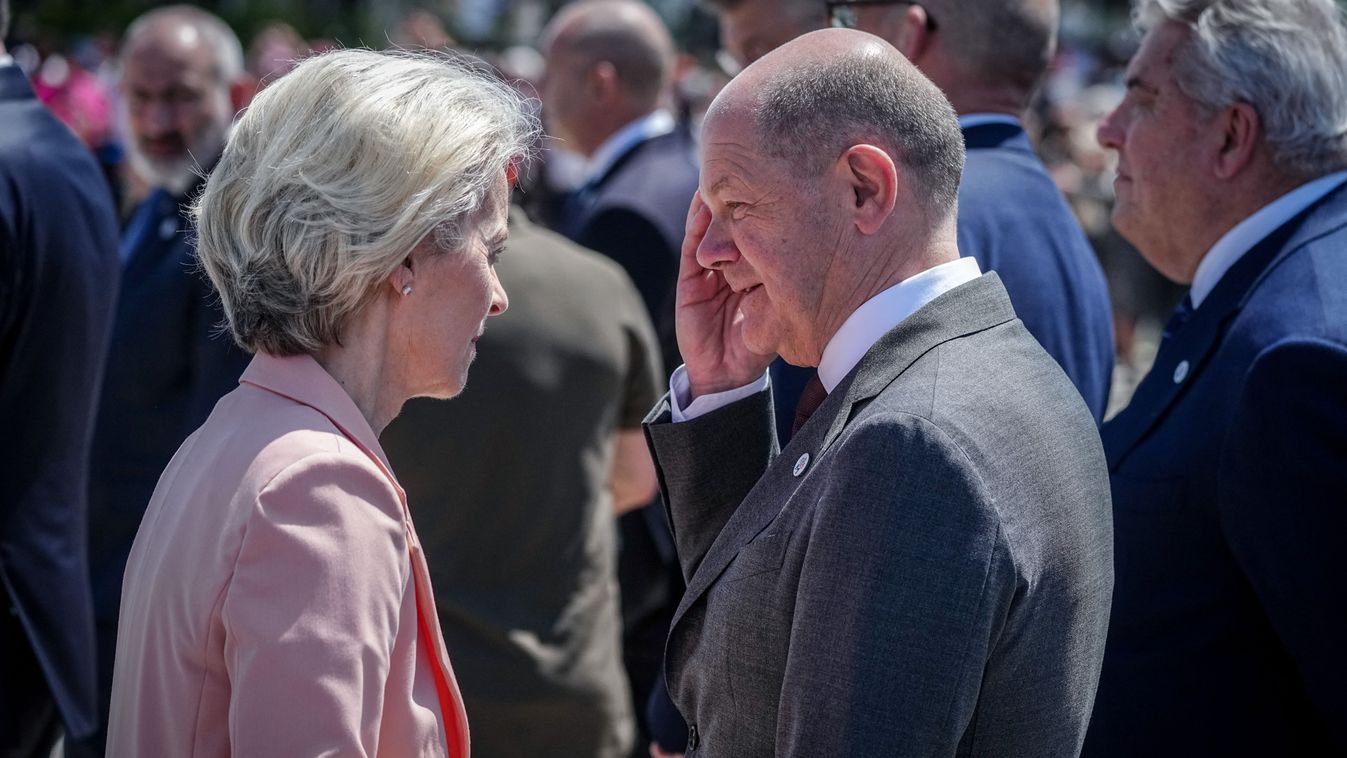





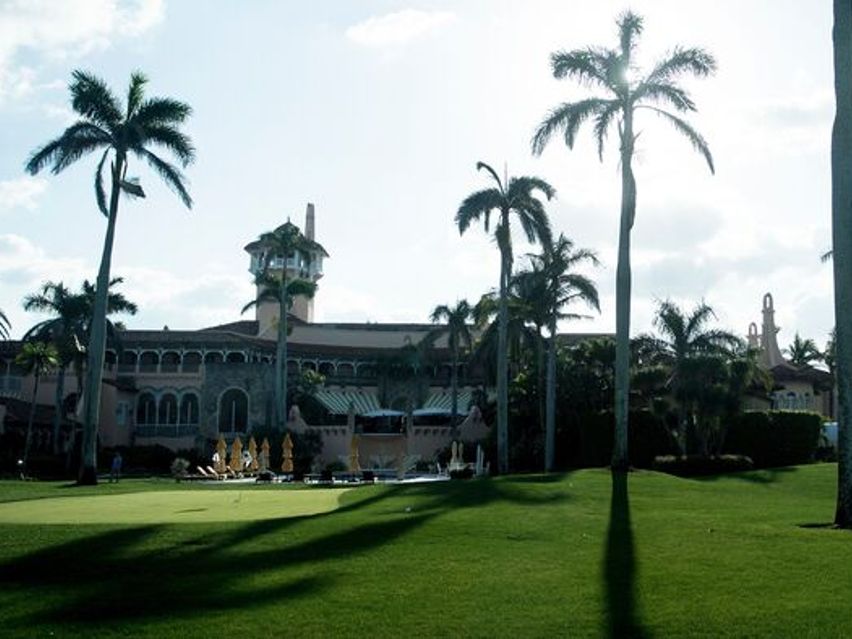
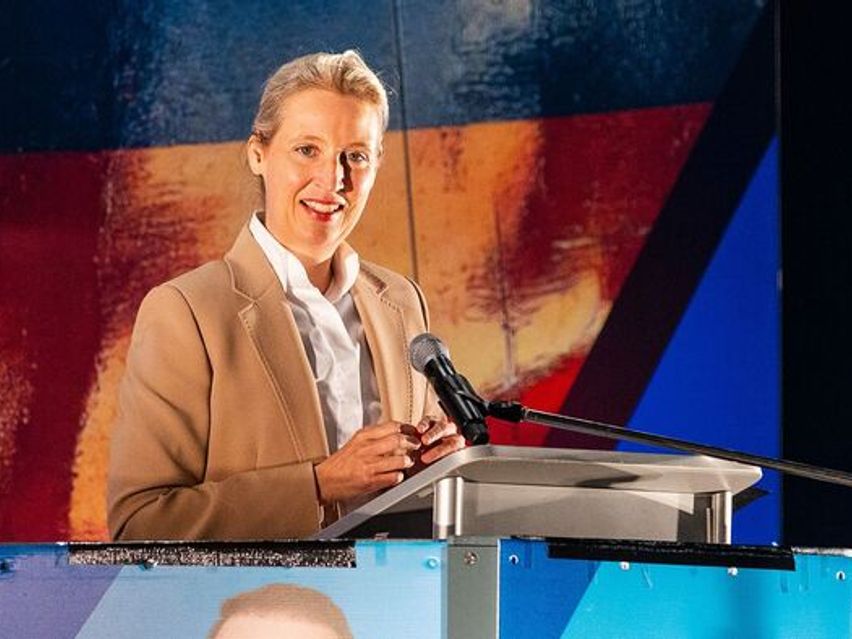

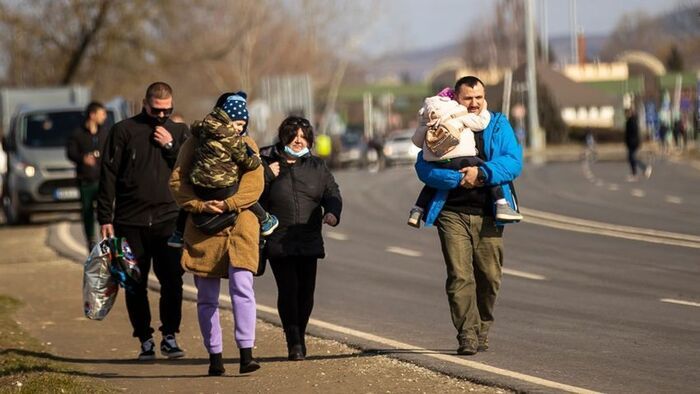


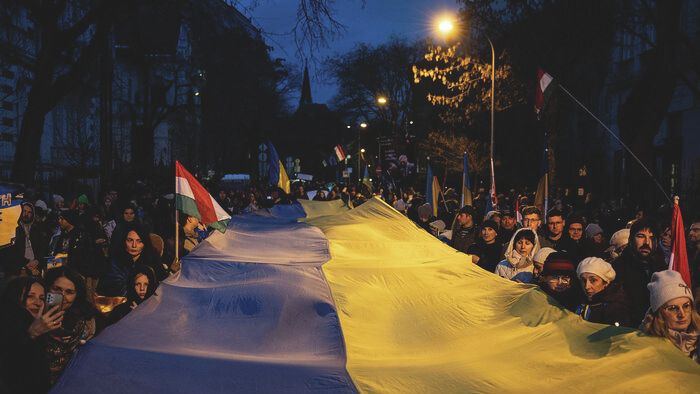
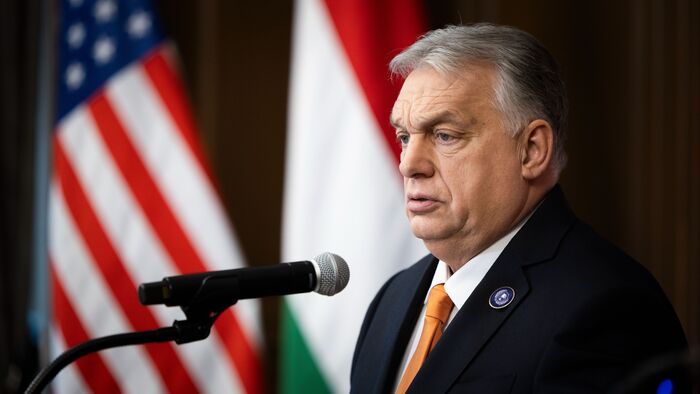
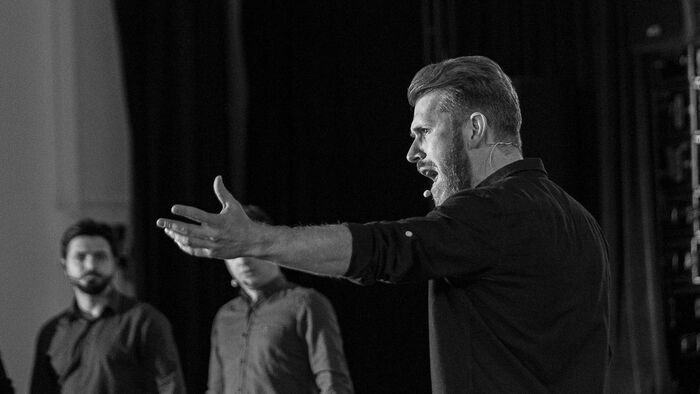
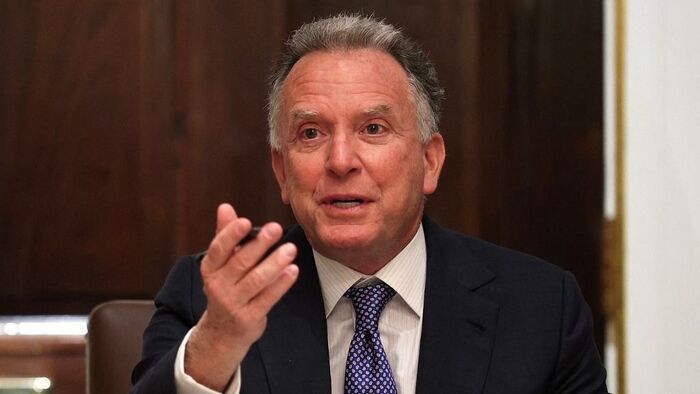
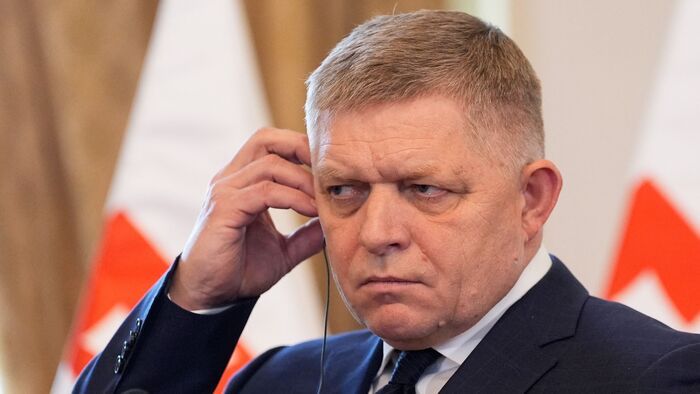
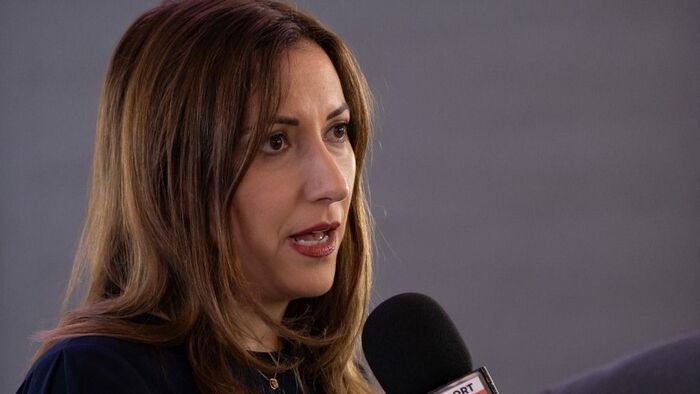

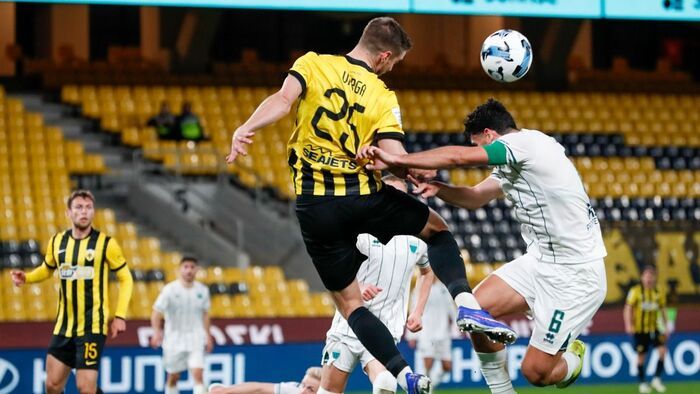
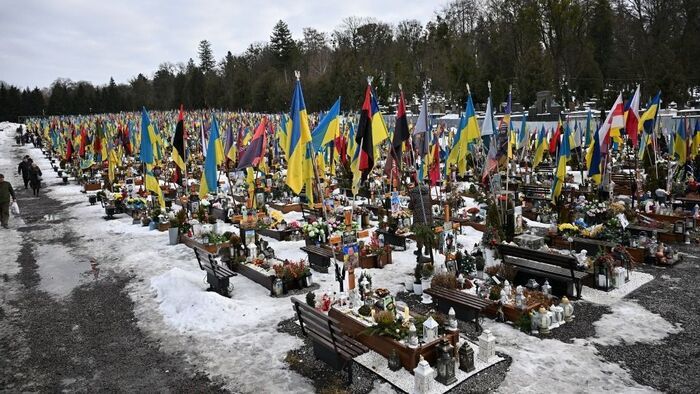
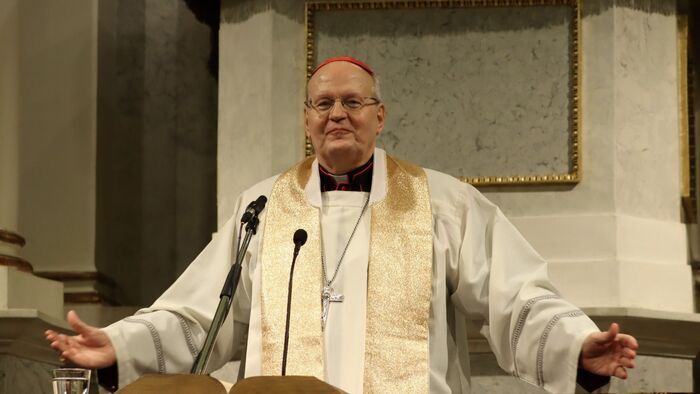

Szóljon hozzá!
Jelenleg csak a hozzászólások egy kis részét látja. Hozzászóláshoz és a további kommentek megtekintéséhez lépjen be, vagy regisztráljon!